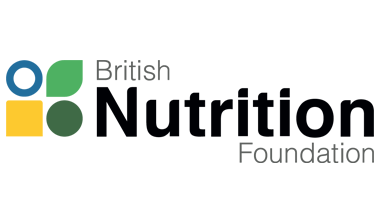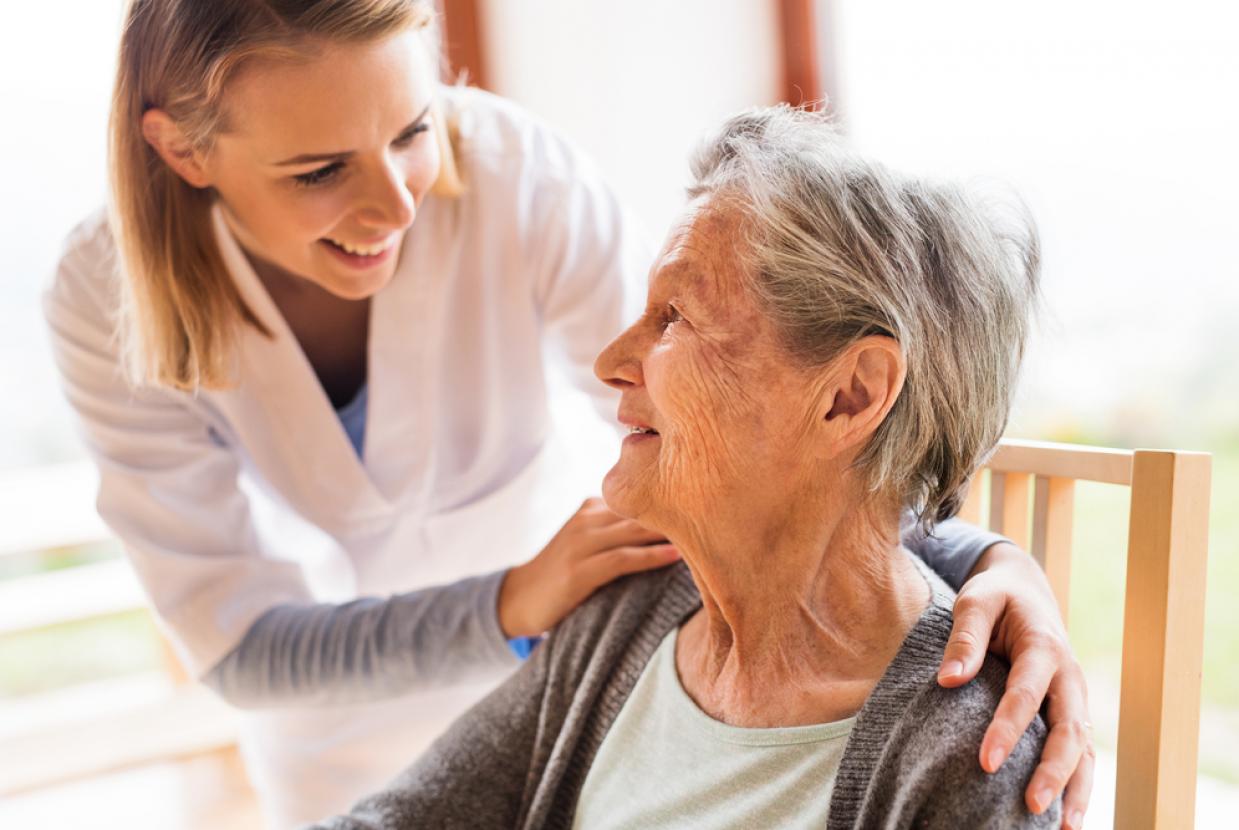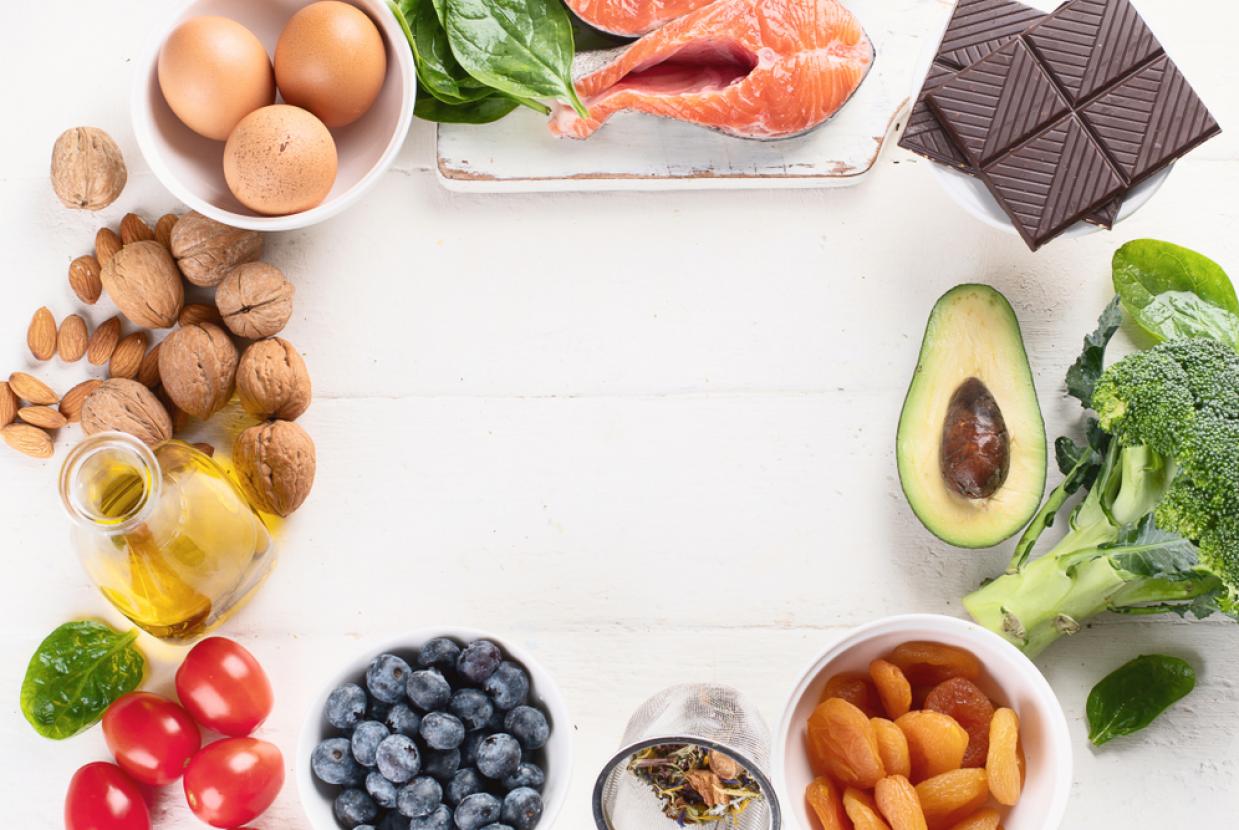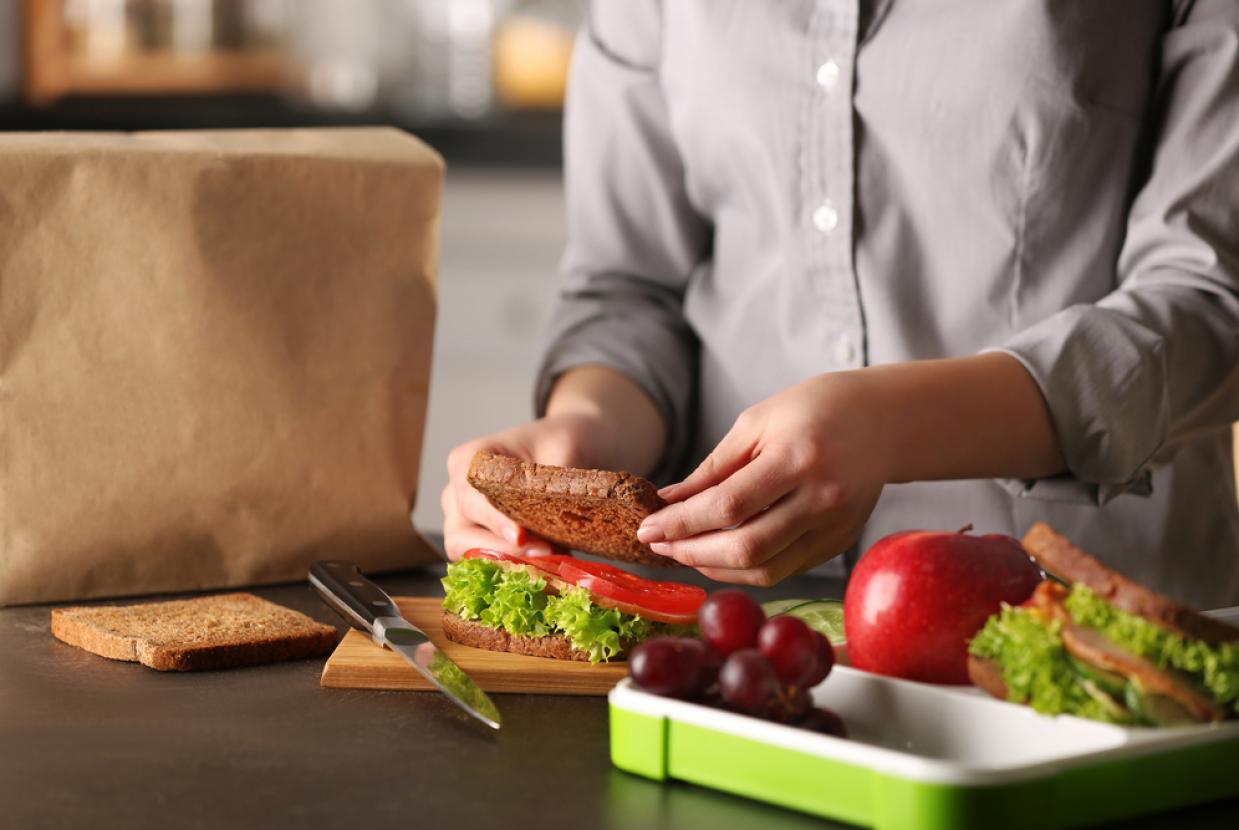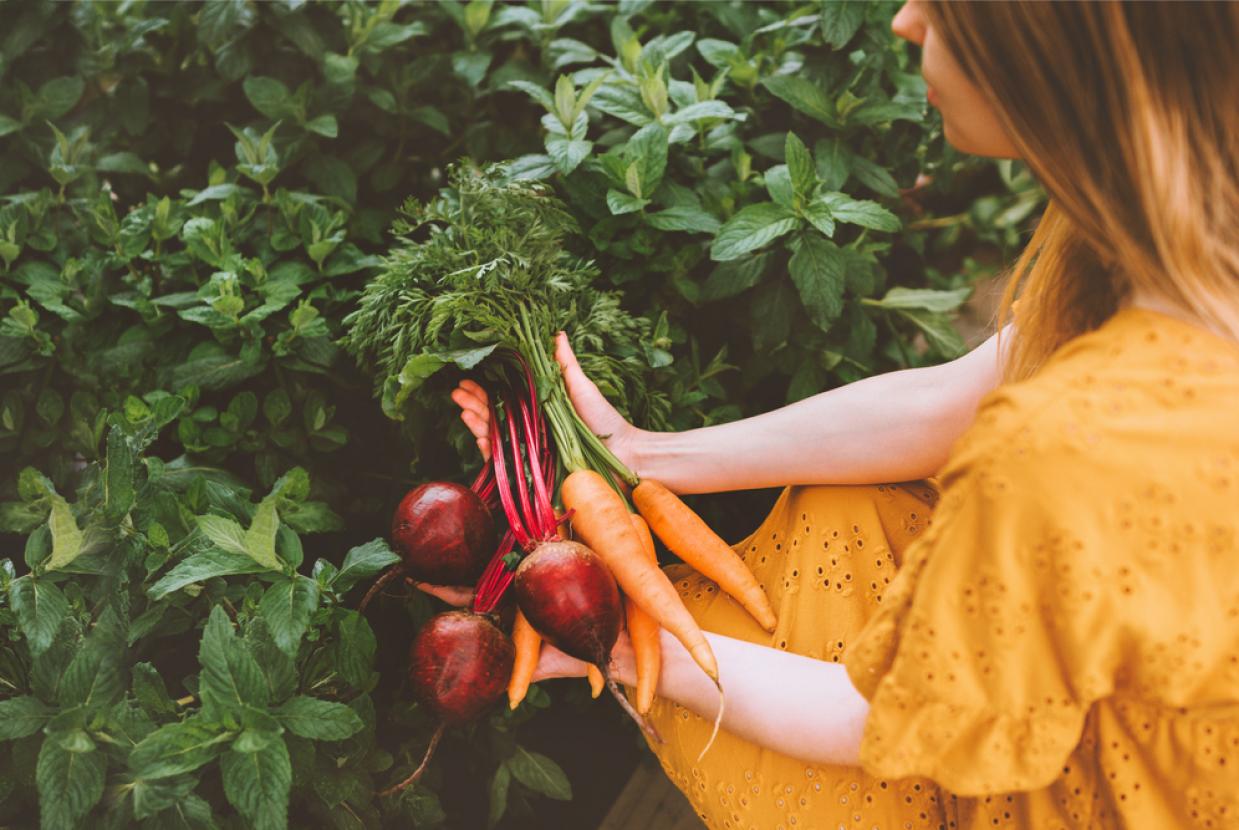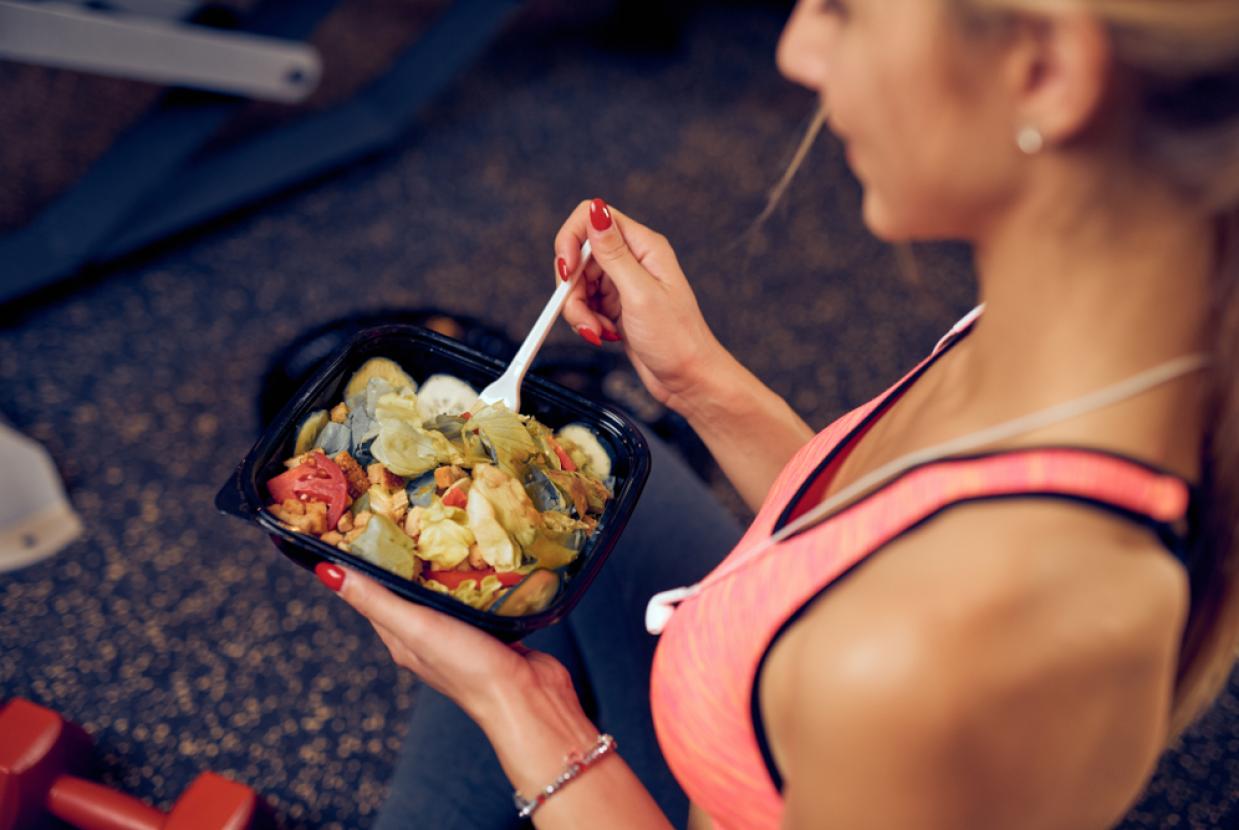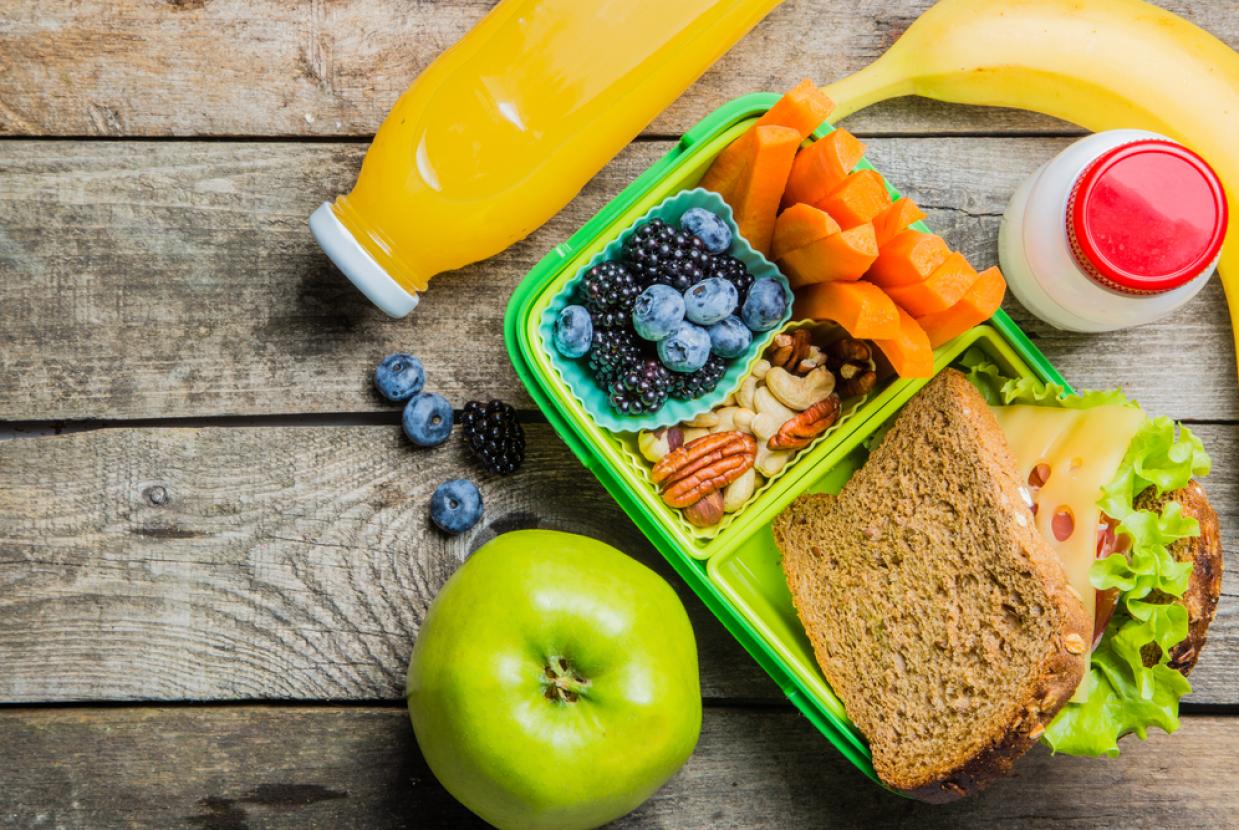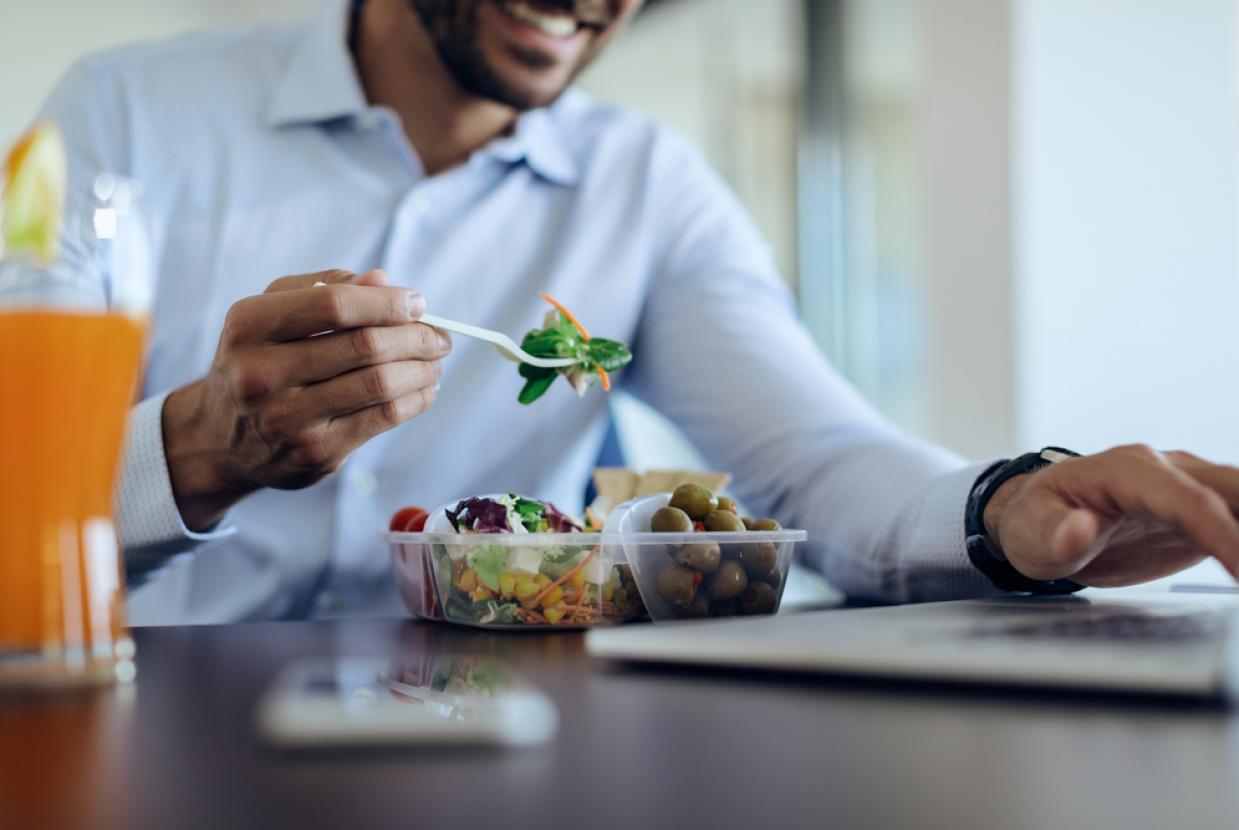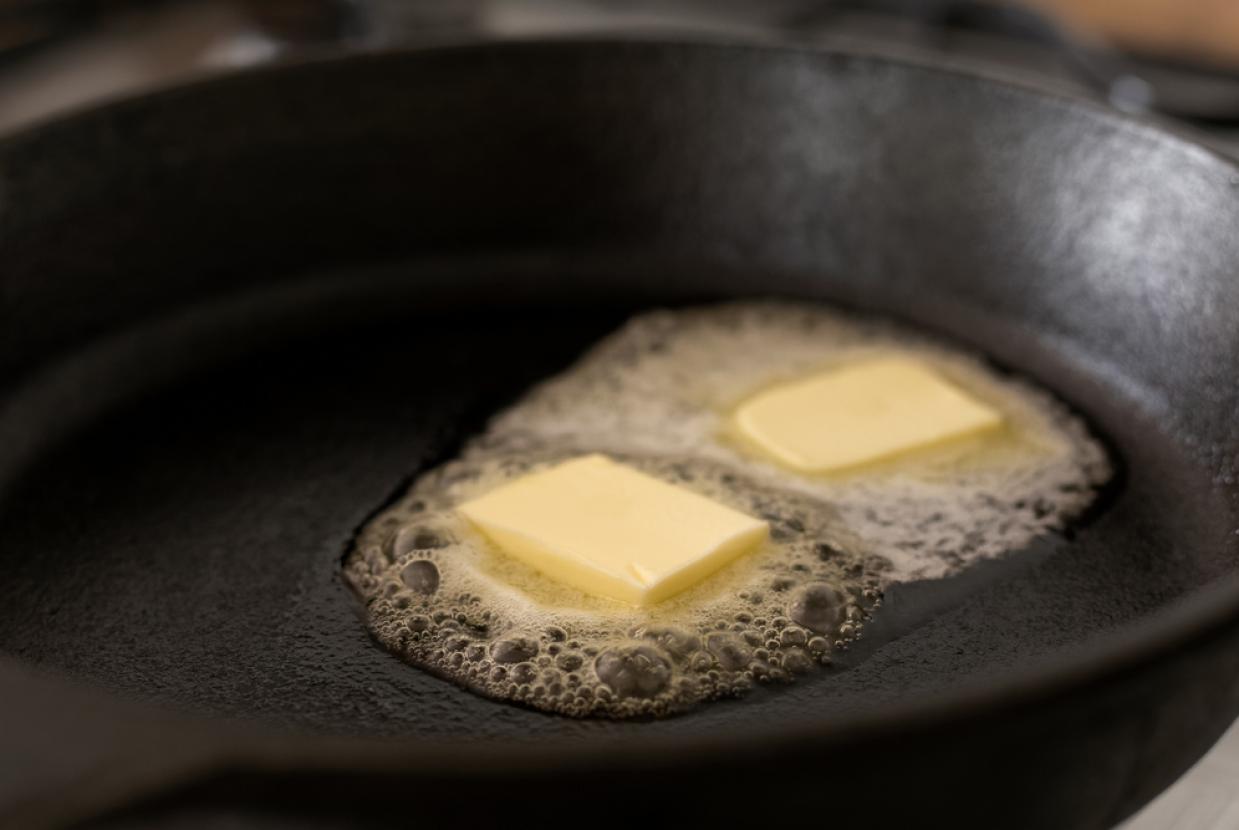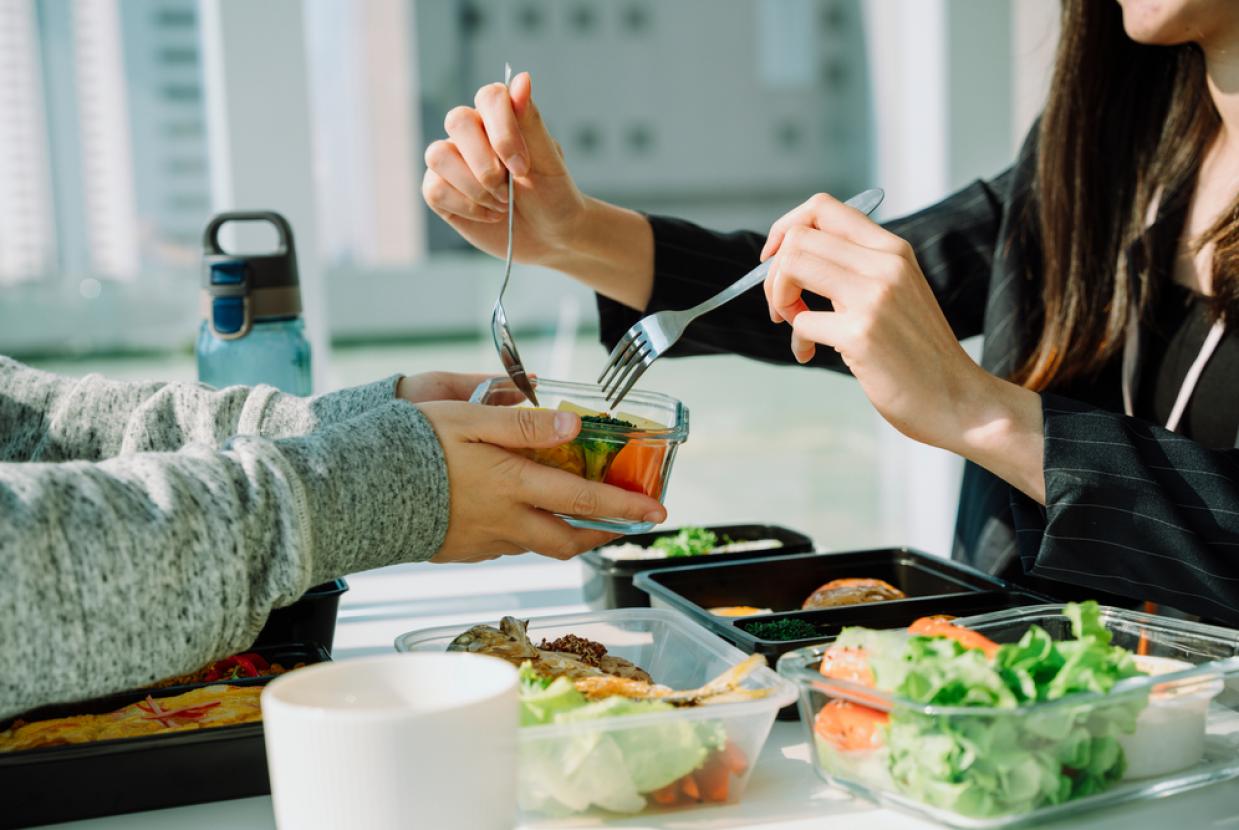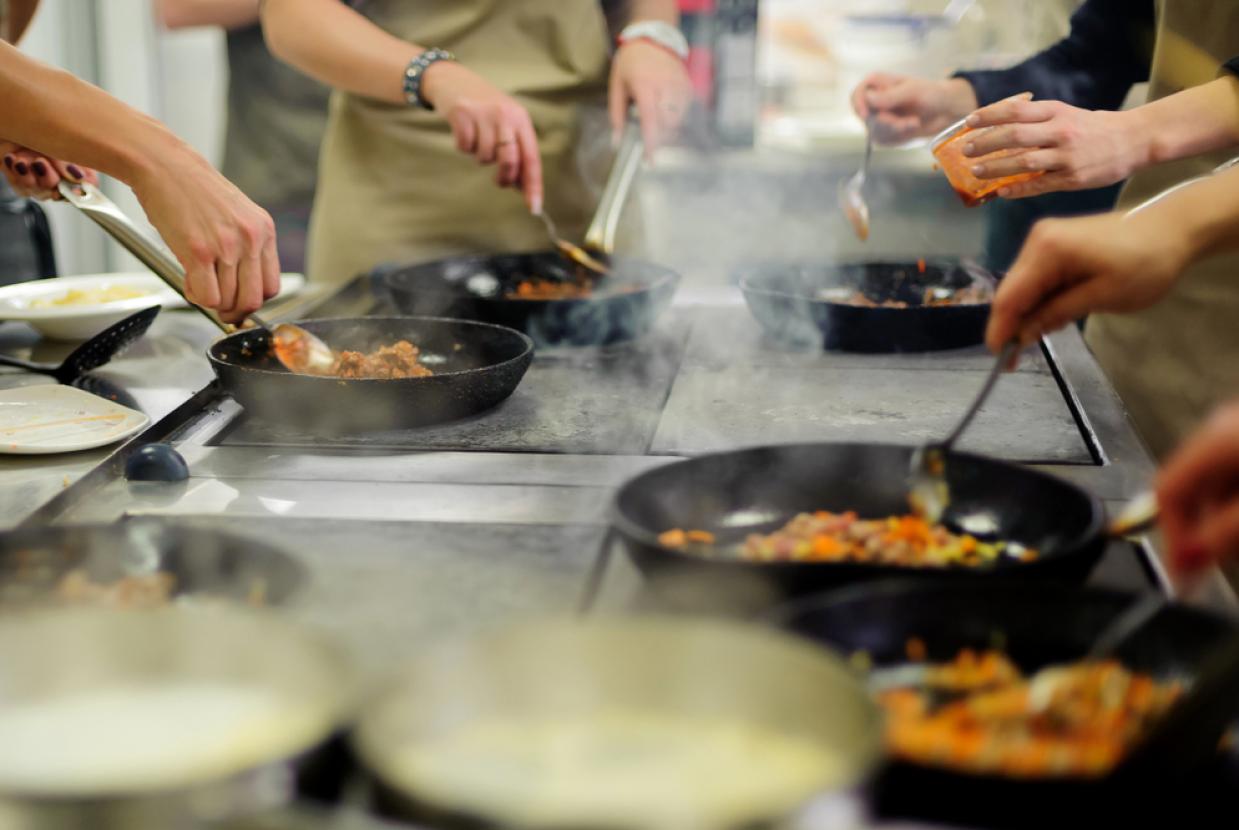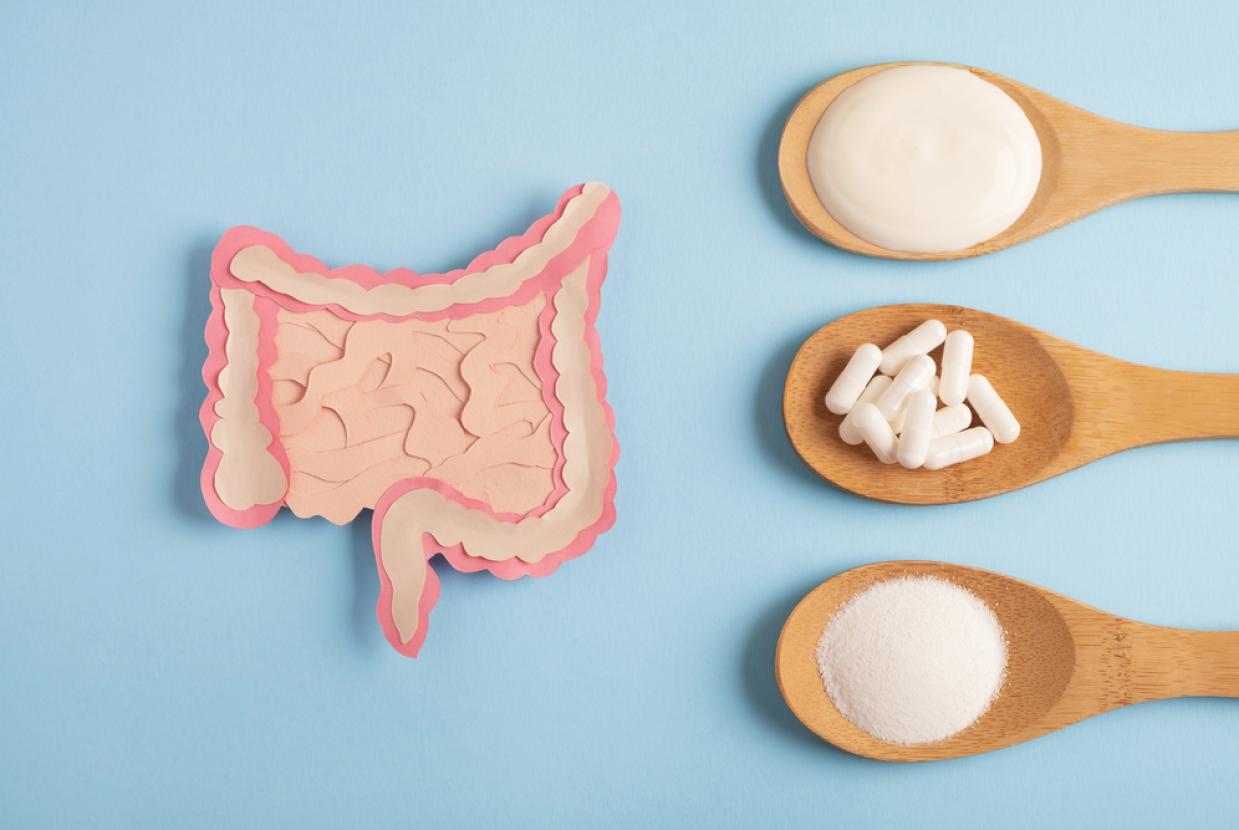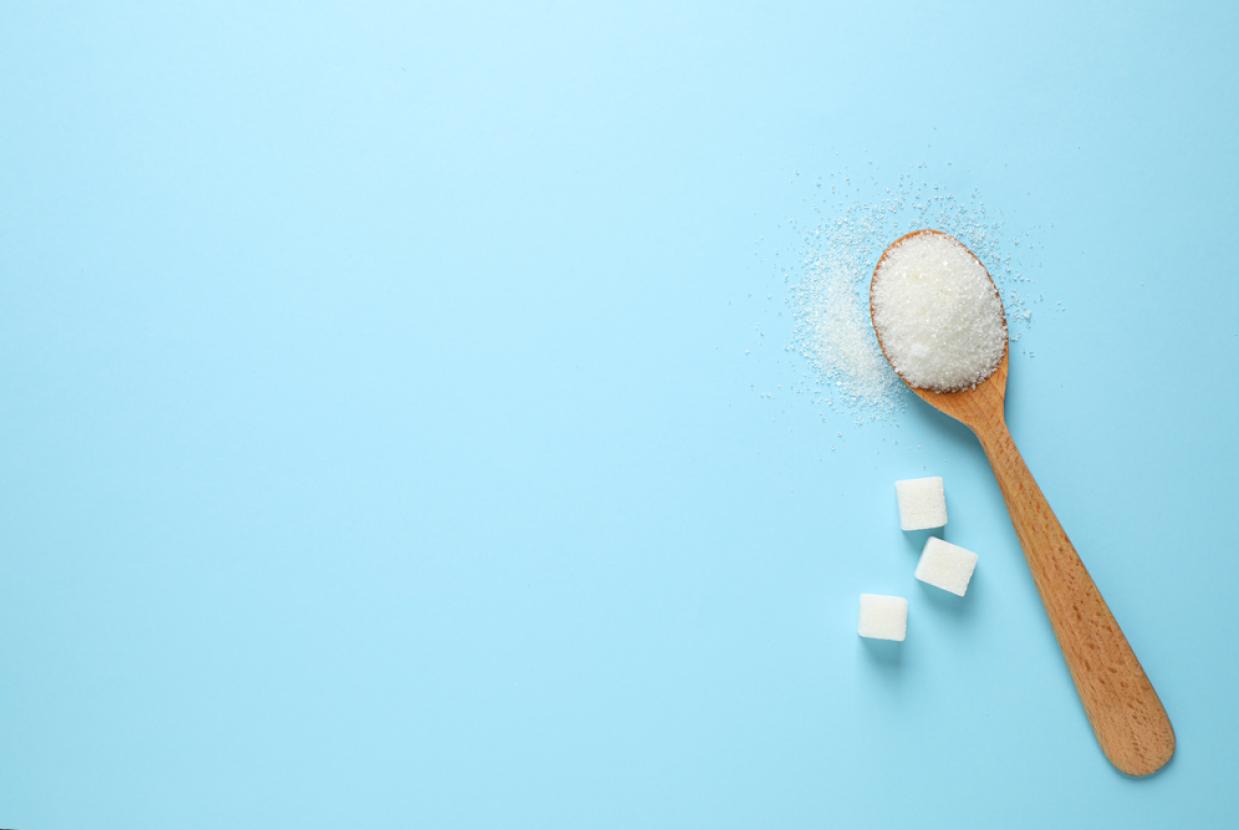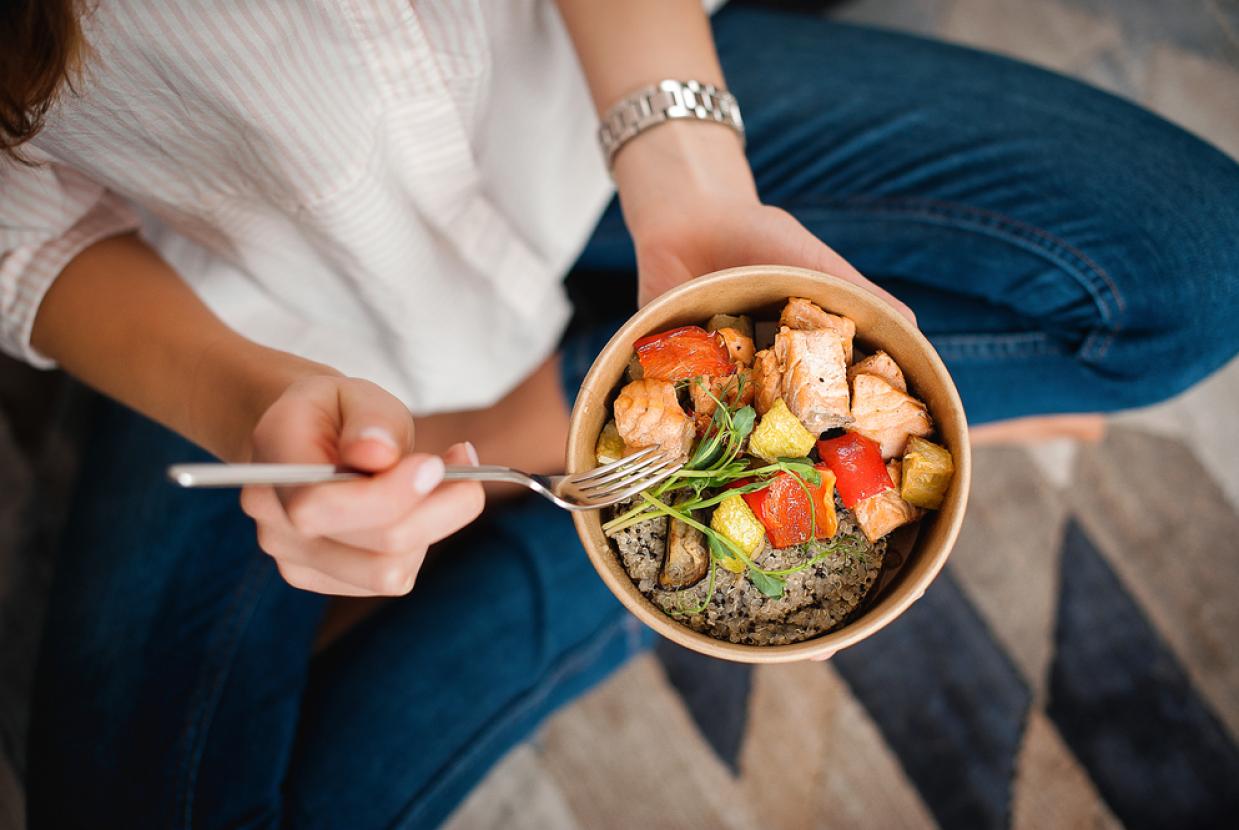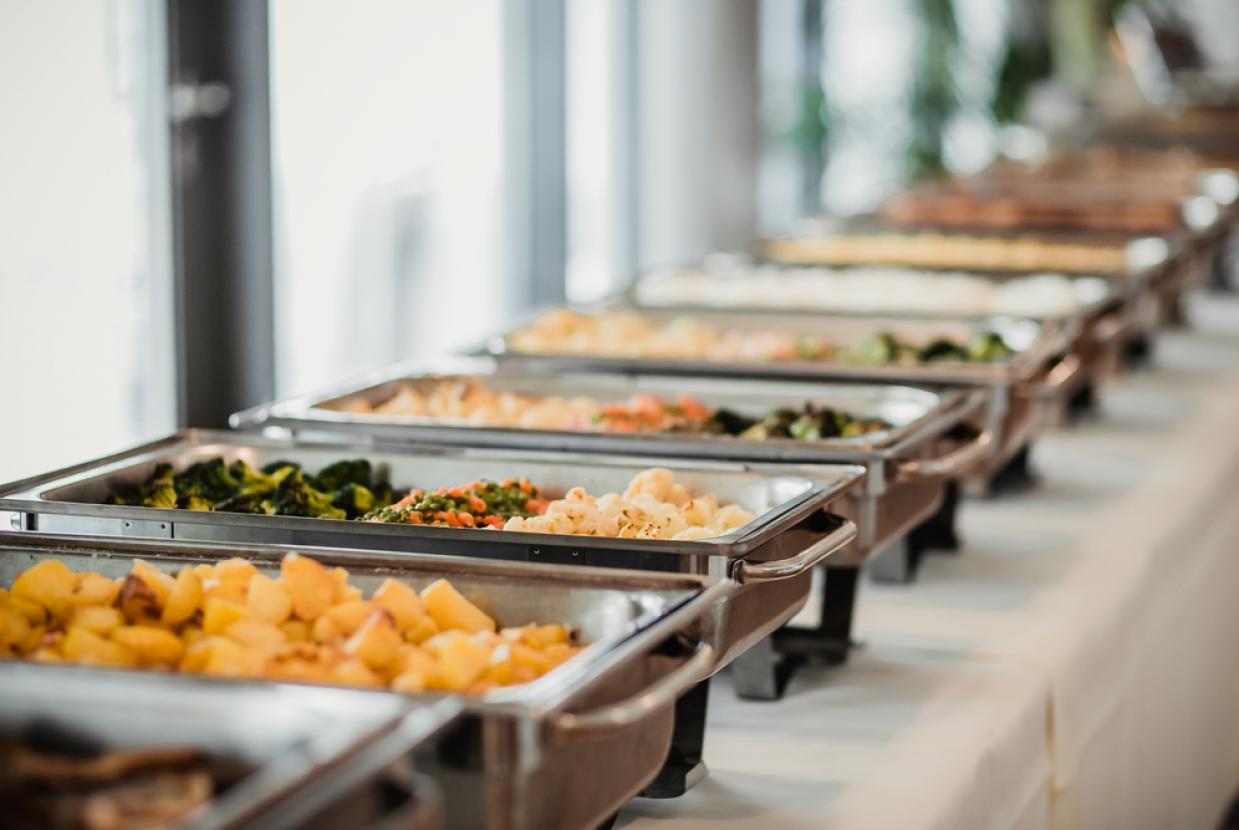Energy Balance & Weight
We all need energy to grow, stay alive, keep warm and be active. Energy is provided by the carbohydrate, protein and fat in the food and drinks we consume. It is also provided by alcohol. Different food and drinks provide different amounts of energy. You can find this information on food labels when they are present.
Energy intake and expenditure
A regular supply of dietary energy is essential for life and is required to fuel many different body processes. These include keeping the heart beating and organs functioning, maintenance of body temperature, muscle contraction and growth. However, daily energy requirements vary widely from one individual to the next. This is due to factors such as sex, body size, bodyweight, climate and physical activity levels.
Energy is obtained, from the food and drink we consume, by oxidation of carbohydrate, fat, protein and alcohol, known as macronutrients. The amount of energy that each of these macronutrients provides varies:
- Fat is the most energy dense nutrient, and provides 9kcal (37kJ)/g.
- Alcohol is the second most energy dense nutrient, providing 7kcal (29KJ)/g.
- Protein provides 4kcal (17kJ)/g
- Carbohydrate (starch and sugars) is the least energy dense nutrient, providing just 3.75kcal (16kJ)/g.
What determines how much energy a person needs?
The actual amount of energy needed varies from person to person and depends on their basal metabolic rate (BMR) and how active they are.
Basal metabolic rate
The basal metabolic rate (BMR) is the rate at which a person uses energy to maintain the basic functions of the body – breathing, keeping warm, and keeping the heart beating – when at complete rest. An average adult will use around 1.1 kcal each minute just to maintain these functions and BMR differs from one person to the next, both within a population and between population groups. Infants and young children tend to have a proportionately high BMR for their size due to their rapid growth and development. Men usually have a higher BMR than women since they tend to have more muscle. Older adults usually have a lower BMR than younger people since their muscle mass tends to decrease with age. The BMR accounts on average for about three-quarters of an individual's energy needs.
Physical activity level
In addition to their BMR, people also use energy for movement of all types. The amount of energy a person uses to perform daily tasks varies depending on factors such as his or her weight (the heavier a person is the more energy is required for movement) and their physical activity level. An estimate of the amount of energy an individual will need can be calculated by multiplying their BMR by a factor appropriate to the amount of activity that person does (known as the Physical Activity Level (PAL)). A PAL of 1.4 is associated with a very low level of physical activity at work or during leisure time. This applies to a large proportion of the UK population. In contrast, a PAL of 1.6 for women or 1.7 for men represents moderate intensity activity, and values of 1.8 for women or 1.9 for men represent high levels of physical activity.
- Energy expenditure = BMR x Physical Activity Level (PAL)
Using this approach and published data, estimates of average energy requirements for different population groups have been established.
Physical activity
Physical activity should be an important component of our daily energy expenditure. Many different types of activity contribute to our total physical activity, all of which form an integral part of everyday life. Total physical activity includes occupational activity, household chores, caregiving, leisure-time activity, transport (walking or cycling to work) and sport. Physical activity can further be categorised in terms of the frequency, duration and intensity of the activity.
Intake versus expenditure
In order for people to maintain their bodyweight, their energy intake must equal their energy expenditure. Failure to maintain energy balance will result in weight change. Energy balance can be maintained by regulating energy intake (through the diet), energy expenditure (adjusting physical activity level to match intake) or a combination of both. Failure to compensate for an increase in energy intake with an increase in expenditure will result in weight gain (positive energy balance); conversely, a reduction in energy intake which isn’t matched by a reduction in physical activity levels will result in weight loss (negative energy balance).
The average daily energy intake of UK adults aged 19-64 years is 8630 kJ (2053 kcal) for men and 6750 kJ (1605 kcal) for women. These figures are below the EARs for both men and women and have been falling steadily, year on year, for some time. At the same time, the population has become ever more sedentary and population obesity levels are still on the increase. Assuming the estimates of intake are correct, this means that energy expenditure levels have fallen to a greater extent than the reduction in dietary energy intake. This emphasizes the need for people to become more active because as energy intake falls, the greater the likelihood that micronutrient needs will no longer be met.
The easiest way to increase physical activity level is to incorporate more activity into daily routines, like walking or cycling instead of driving short distances and taking up more active hobbies such as gardening or rambling. Within the workplace, there are fewer opportunities for increasing activity levels, but stairs can be used instead of the lift and people can walk to speak to colleagues rather than using the phone or email.



